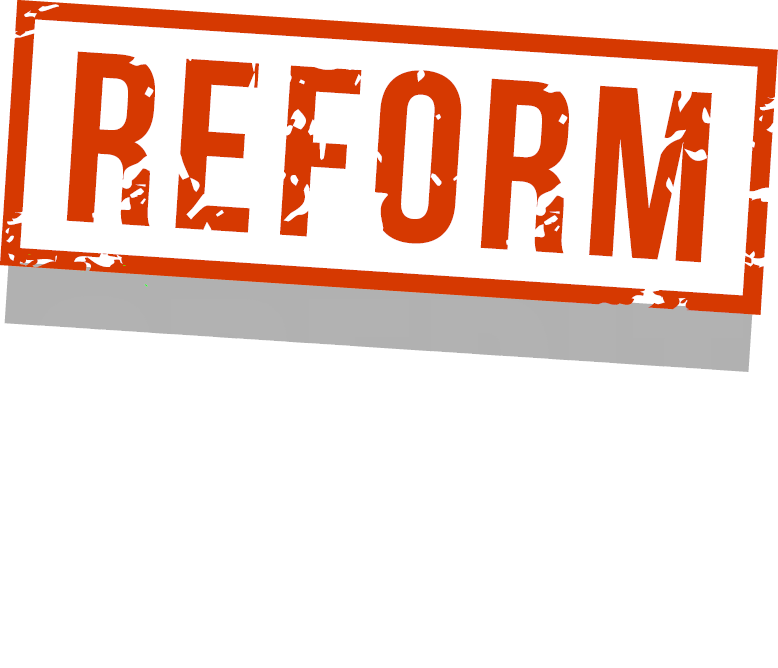insights
- July 18, 2023
Together with the credit union industry’s outdated tax exemption and its continued campaign to whittle down field of membership requirements, multimillion-dollar stadium naming rights agreements have become a central component of how these special purpose financial institutions market themselves to new segments of consumers.
